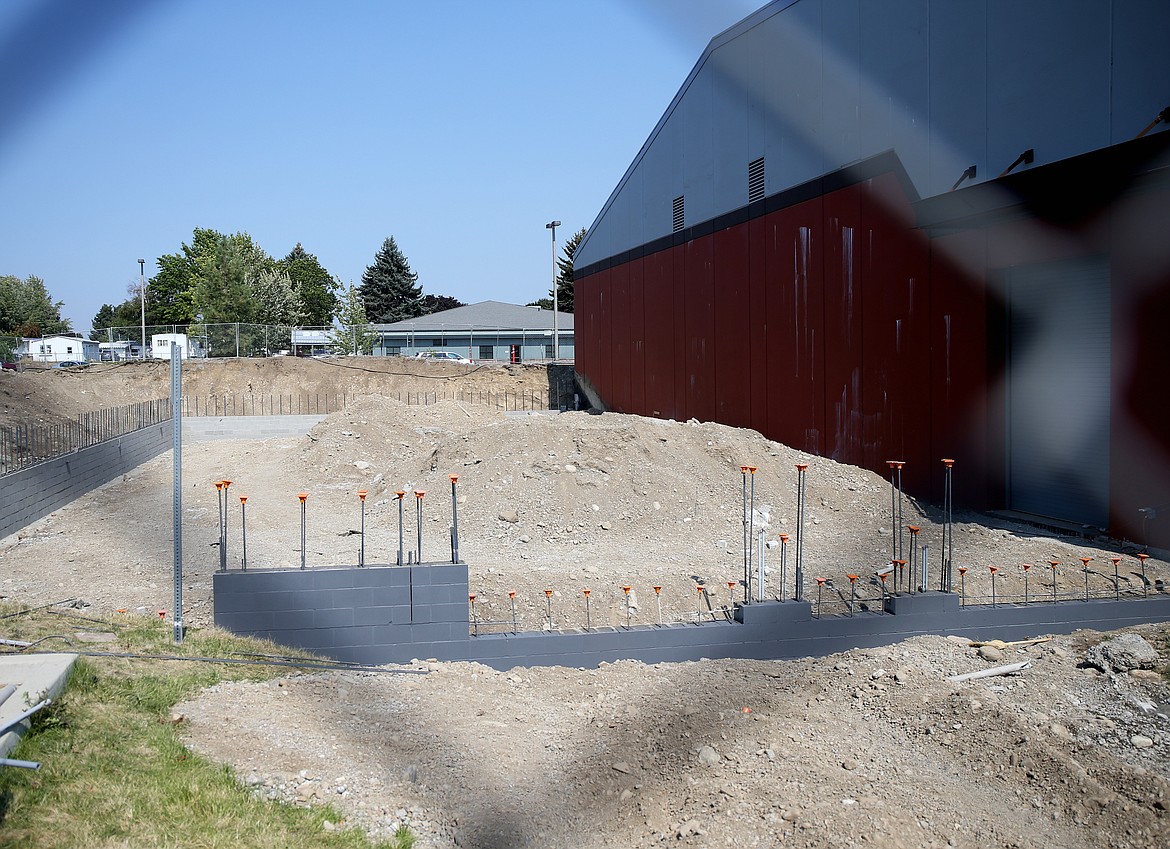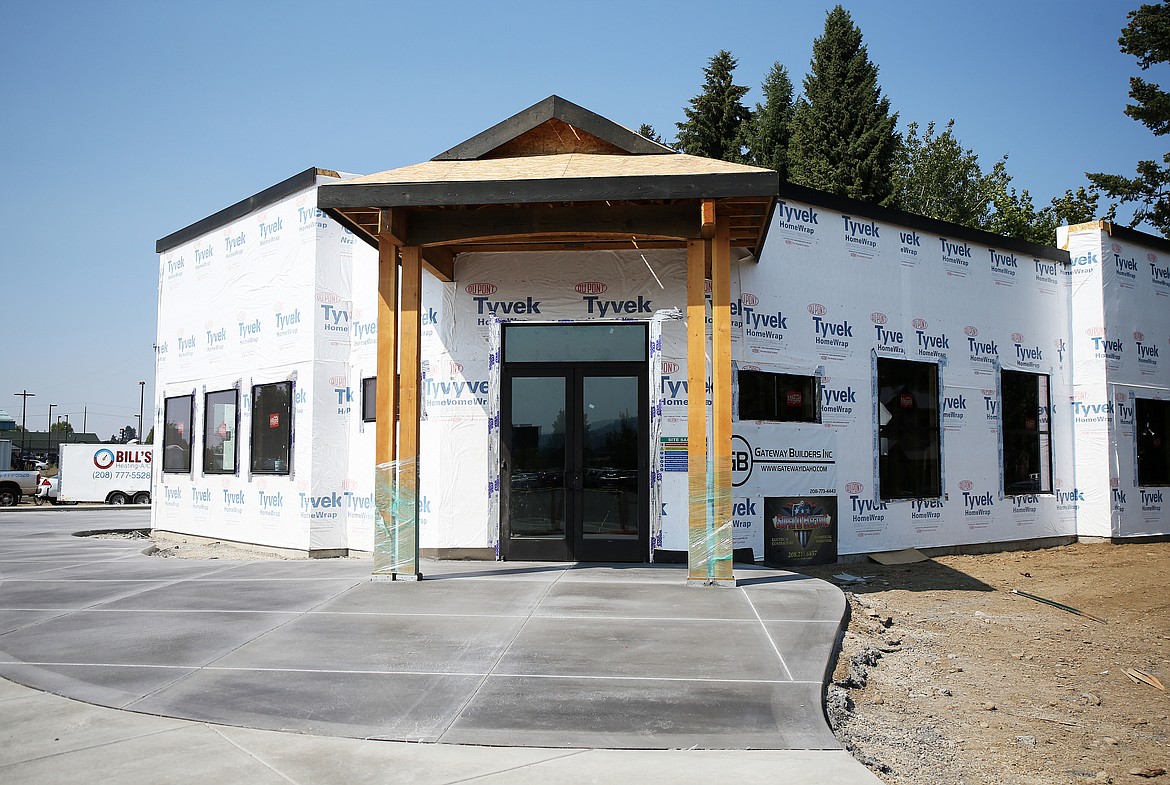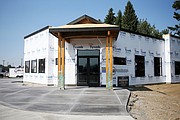Business is booming in beautiful Hayden
Success belongs to those who’ve got it upstairs.
That’s especially true at Hayden City Hall.
With the community enjoying a banner year for commercial and business growth, Mayor Steve Griffitts lavished praise on City Administrator Brett Boyer and the permitting, planning, inspection and engineering folks upstairs.
“The second floor has made this happen,” the mayor decreed, pointing out that ramped-up customer service and can-do attitude are making the biggest differences.
From remodel investments to new business construction and expansion projects, Boyer easily rattled off four dozen examples of good business growth this year alone (see accompanying list). Since Griffitts took office in January 2016 and made the hire of Boyer a top priority that spring, Hayden’s been booming.
But before digging into some statistics and doling out more accolades, the two were asked: Why does it even matter?
“A city’s balanced growth is essential to good growth,” Griffitts said. He should know. For 12 years he led the region’s economic development agency, Jobs Plus, Inc.
A powerful statistic that Griffitts wields like a whip snaps like this:
“When a business comes into a community it pays $1 in property tax and uses 29 cents in services,” he said, referring to police and fire protection, schools, streets and more. “A resident will come in, pay $1 in property tax and use $1.16 in services.”
His point: “Commercial development will always keep taxes lower.”
For Hayden, an emphasis on dramatically improving customer service has been key, Griffitts said.
“Brett Boyer is the first step in that process (of attracting business),” the mayor said.
Boyer admitted that complaints might be approaching endangered species status but they aren’t yet extinct.
“We’re not perfect,” he said. “We’ll have times when builders won’t be happy with us, but we’ve changed the tone.”
The tone these days has everyone at the city, from receptionist to City Council members, focused on finding the best ways to work with commercial and light industrial development, he said. That’s taken some time to evolve, going back to the new regime in 2016.
“We had as a goal that by 2018, we wanted the word on the street to be that Hayden is customer-service friendly,” Boyer said.
Mission accomplished. In addition to praising the council members — Roger Saterfiel, Jeri DeLange, Richard Panabaker and Matt Roetter — Boyer specifically applauded Shawn Langenderfer, who was part of the 2016 leadership change and handles human resources for the city.
“We want a good, happy place to work, and Shawn provides that,” Boyer said. “The positiveness she has created extends to the people who come in: our customers.”
The positive personnel payoff appears to be key in Hayden’s draw to commercial and residential interests alike.
For instance, according to a 10-year study, the number of residential permits by unit has come roaring back after the recession. In 2008, 70 such permits were issued. That dropped to 32 in 2011 but has increased almost every year since then: 60 in 2012, 62 in 2013, 80 in 2014, 64 in 2015, 155 in 2016 and a record 208 last year.
Griffitts said the residential growth is largely attributable to commercial growth.
“Residential follows,” the mayor said. “When you’re creating jobs, people come.”
A small but telling policy change recently illustrates the direction Hayden city leadership is taking. Gone is the requirement for businesses to pay $25 annually for a license, a bureaucratic hurdle that arguably cost more to administer and monitor than the municipal revenue it generated.
And since early 2016, more than 500 code changes have been made to simplify permitting processes without losing integrity, Griffitts and Boyer said.
The result has been a big plus for all concerned.
“Instead of having adversarial relationships,” Griffitts said, “we have partnerships.”







